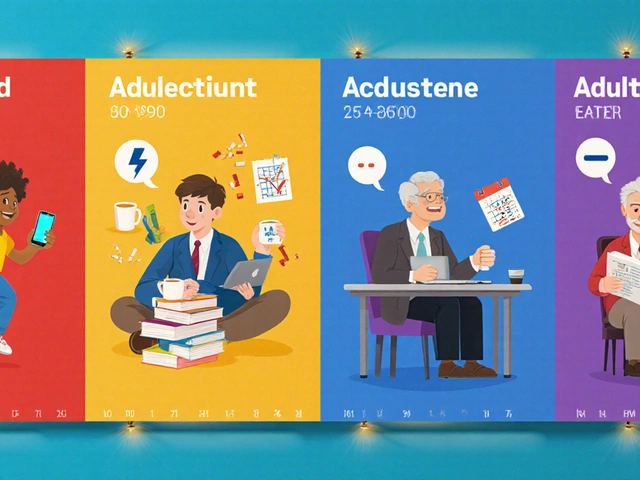Oversharing in Health – What It Is and Why It Counts
When talking about Oversharing, the habit of revealing more personal health details than necessary or comfortable. Also known as excessive health disclosure, it shows up in forums, social feeds, and even doctor notes when patients spill every symptom, fear, and anecdote. Patient stories, first‑hand accounts of illness, treatment, and recovery often become the vehicle for oversharing, because real‑life narratives feel authentic and helpful. At the same time, Health transparency, the open sharing of medical information to build trust and improve outcomes encourages openness, but it can blur the line between useful insight and personal exposure. And then there’s Medical privacy, the right to keep health data confidential and protected, which acts as the counterweight, reminding us that not every detail belongs in the public domain. In short, Oversharing sits at the crossroads of storytelling, transparency, and privacy, shaping how we learn from each other and how safe we feel sharing.
How These Pieces Fit Together
Think of oversharing as a tug‑of‑war between three forces. First, Patient stories provide real‑world context that doctors and researchers crave; they are the proof that a treatment works or fails. Second, Health transparency pushes the medical community to open up data, reduce stigma, and empower patients to make informed choices. Third, Medical privacy draws the line, ensuring that personal identifiers, genetic info, or sensitive diagnoses stay protected. The semantic triple "Oversharing influences Patient stories" shows why some anecdotes become too detailed, while "Health transparency encourages Oversharing" explains why platforms celebrate raw honesty. Meanwhile, "Medical privacy mitigates Oversharing" highlights the safeguards that stop a story from becoming a liability. When you mix these forces, you get a nuanced landscape: a parent might blog about a child’s IVF journey, a diabetic shares glucose logs to help others, or a knee‑replacement patient posts daily rehab videos. Each example teaches something valuable, yet each also raises questions about consent, data misuse, and emotional fatigue for the storyteller.
Our collection below pulls together articles that sit right in this mix. You’ll find practical guides on knee‑replacement rehab that balance detail with safety, deep dives into ADHD symptom changes that respect personal boundaries, cost‑cutting tips for weight‑loss drugs that avoid over‑promising, and even explorations of Ayurveda’s postpartum rituals where cultural sharing meets modern privacy concerns. By reading through, you’ll see how authors manage the fine line between helpful openness and risky oversharing, and you’ll pick up strategies to share your own health journey responsibly. Ready to see how the right amount of detail can empower without exposing? Dive into the posts below for actionable insights and real‑world examples.

Can I Overshare with My Therapist? Understanding the Boundaries
Thinking about therapy makes you wonder if there's such a thing as revealing too much. Delving into therapist boundaries, this piece explores whether oversharing exists in therapy, highlights the importance of open communication, and offers insights into how to approach your sessions. If privacy or vulnerability holds you back, find clarity in discerning what your comfort zone requires. Know when honesty helps and when it might overwhelm your path to healing.
read more



